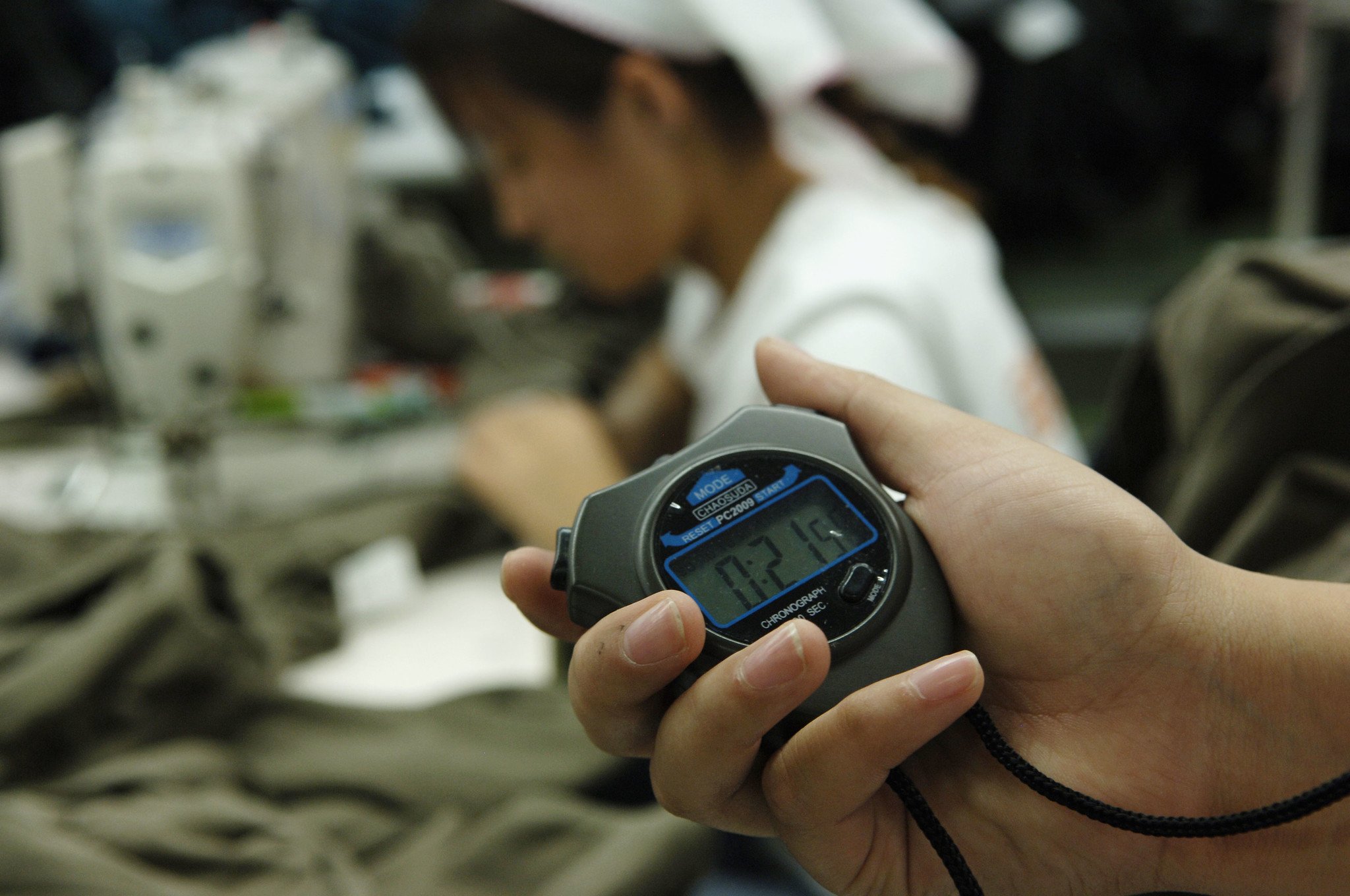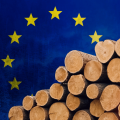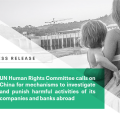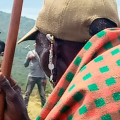World’s biggest grain trader accused of ‘shoddy due diligence’ on deforestation and alleged rights violations.
The world’s largest grain trader, Cargill, is facing a first-ever legal challenge in the United States over its failure to remove deforestation and human rights abuses from its soya supply chain in Brazil.
ClientEarth, an environmental law organisation, filed the formal complaint on Thursday, accusing Cargill of inadequate monitoring and a laggard response to the decline of the Amazon rainforest and other globally important biomes, such as the Cerrado savannah and the Atlantic Forest.
The case, which was submitted under the guidelines of the Organisation for Economic Co-operation and Development, argues that Cargill’s “shoddy due diligence raises the risk that the meat sold in supermarkets across the world is raised on so-called ‘dirty’ soy”. ClientEarth says this breaches the international code on responsible business conduct.
The lawyers behind the complaint have stressed the urgency of the issue because Amazon degradation is approaching a tipping point, after which scientists say the rainforest will turn into dry grassland, emitting vast amounts of carbon dioxide. The Amazon’s sister biome, the Cerrado, has already lost half of its tree cover.
The lawyers say they hope the legal challenge will raise standards at Cargill – which is the biggest privately owned company in the US, with revenues last year of $165bn (£131bn) – and set an example across the industry.
Laura Dowley, a lawyer at ClientEarth, said: “Cargill has vast resources at its disposal to implement due diligence. The technology is already there. We aren’t asking it to do anything it doesn’t have the resources to do. We hope it will show leadership.”
Cargill has promised to be “deforestation-free” in the Amazon and Cerrado by 2025 and completely eradicate deforestation from all its supply chains by 2030. The company says it has put in place a sophisticated monitoring operation at ports, warehouses and other points in its supply chain. ClientEarth said it identified several shortcomings in this system, including a lack of environmental due diligence on:
- Soya beans bought from third-party traders, which make up 42% of all Brazilian soya Cargill purchases.
- Soya beans owned by other companies that passes through Cargill ports.
- Indirect land use change.
- Soya sourced from the Cerrado savannah.
- Soya sourced from the Brazilian Atlantic Forest.
ClientEarth also cites reports alleging Cargill suppliers have been involved in rights violations of Indigenous, Afro-Brazilian and other forest-dependent communities.
Cargill told the Guardian it had not seen the full complaint but it had an “unwavering commitment” to eliminate deforestation and conversion in South America. In line with this, it added: “We do not source soy from farmers who clear land in protected areas and have controls in place to prevent non-compliant product from entering our supply chains. If we find any violations of our policies, we take immediate action in accordance with our grievance process.”
The company’s website notes: “Cargill is committed to transforming our agricultural supply chains to be free of deforestation by 2030. Our policy on forests lays out our overarching approach to achieving this target globally across our priority supply chains. It is founded on our belief that farming and forests can and must coexist.” A spokesperson added that Cargill was also “strongly committed” to protecting human rights in its operations, supply chains and communities.
However, journalists revealed last year that one of Cargill’s soya suppliers grows crops on land deforested and burned in the Brazilian biome. In 2020, the Guardian and partners uncovered evidence that Cargill supplied Tesco, Asda, McDonald’s, Nando’s and others with chicken fed on imported soya linked to thousands of forest fires and at least 300 sq miles (800 sq km) of tree clearance in the Cerrado savannah. Similar reports were broadcast this year by Sky News.
Source: The Guardian

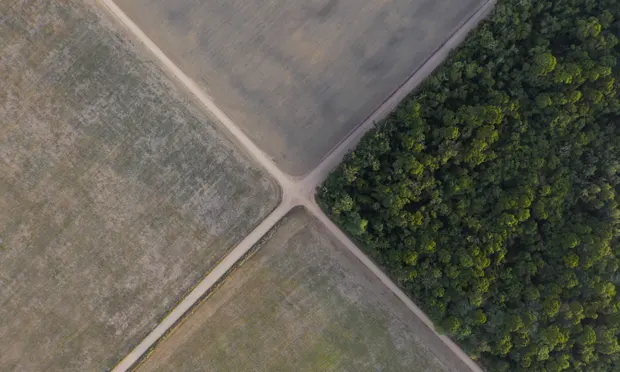

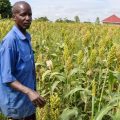

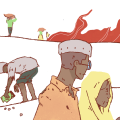
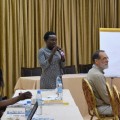












 nce, community cohesion, and an inclusive and peaceful society. In addition to harming physical security, attacks can also negatively affect HRDs’ mental, emotional and economic well-being.
nce, community cohesion, and an inclusive and peaceful society. In addition to harming physical security, attacks can also negatively affect HRDs’ mental, emotional and economic well-being.





